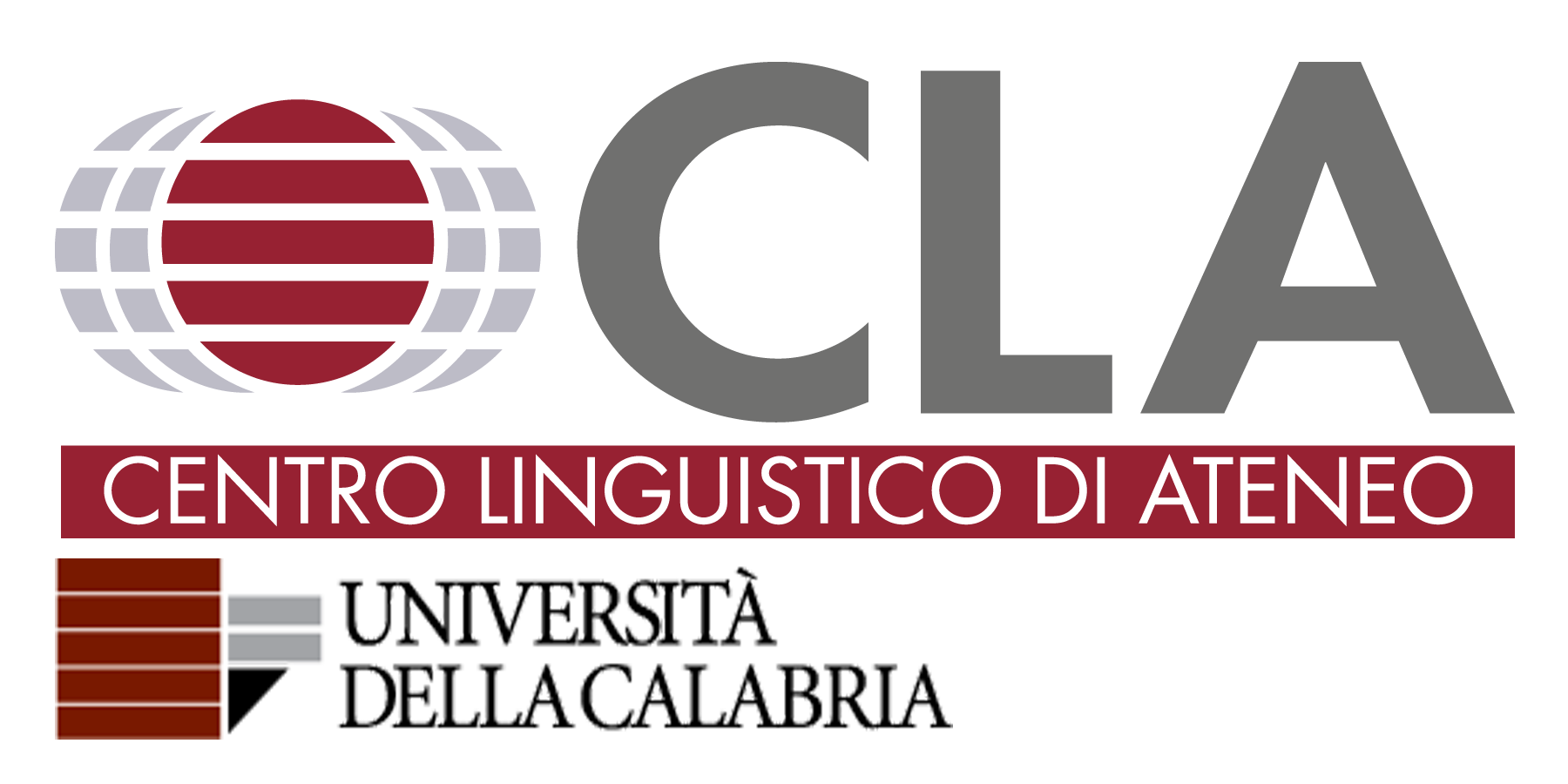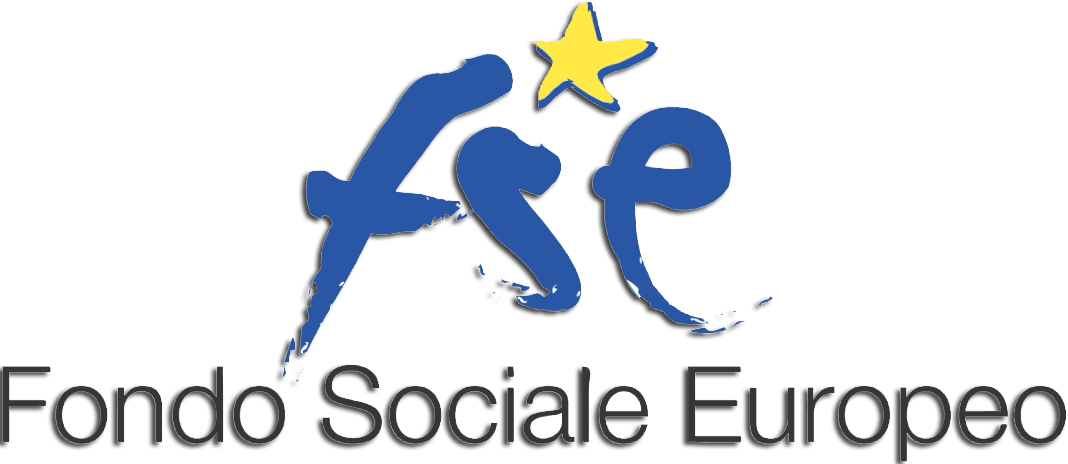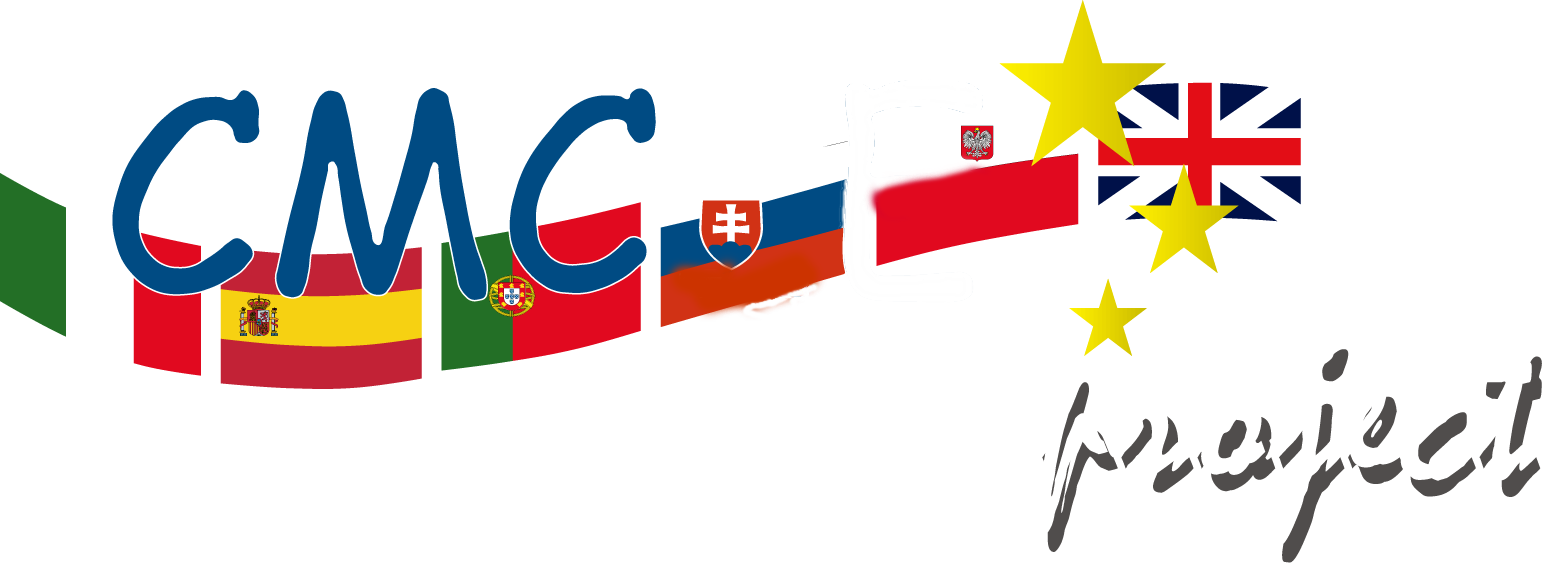CMC Project
The CMC Project was presented within the Socrates EU program, action Language 2, and it was financed by the European Community.
The Language action (learning and teaching languages) is one of the EU programs in the field of education. The promotion of teaching and learning languages is one of the targets of the entire SOCRATES program and of the actions Erasmus, Comenius and Grundtvig. In particular, Language supports these actions through the measures planned in order to:
- encourage, support and sustain the language differences in the EU;
- contribute to improve the quality of teaching and learning languages;
- promote the access to the opportunities of learning languages, appropriate and suitable for each individual's needs, during his entire life.
Language is made of two actions:
- Language 1 – Promotion of learning languages
- Language 2 – Development of tools and material for learning languages
Action 2 aims at ensuring that a sufficiently wide set of language learning tools is available to who studies languages.
Concrete targets and aims of the project.
The project intends to give a language and informational support appropriate to the needs of the students in mobility before they start exchange programs, turning a particular attention to the improvement of academic level language skills. The main aim of the project, therefore, is to develop, produce and implement a software that offers multimedia material suitable for language learning, able to allow mobility students to develop and improve their academic level language skills, in line with their needs in contexts of trans-national higher education in Italy, England, Netherland, Portugal, Slovakian Republic and Spain. The program develops a multi-language e-learning environment that includes two main parts: the academic material of language learning and the information part.
The academic part of the language learning contains two modules of academic level divided in four didactic units (for each module) with tasks to solve, activities and a focus on interesting terms and expressions, offered on the CMC project web site with an academic format common to all the partners.
The information program will have the aim of providing potential mobility students with useful information about the partner universities (accommodations, social events, health insurance, etc.) and the countries (cultural differences, customs, etc.).
This will be done with:
- an on-line notice board for students, which will allow them to discuss and exchange questions and information about the program, the university lessons and to express their ideas, opinions, suggestions;
- an on-line forum about possible problems connected with the language learning which will be supervised by a tutor for each language.
The use of the TIC is considered, therefore, a fundamental and efficient support for the development of a multi-language environment aimed at sharing material for academic level language learning and at expressing ideas and opinions in real time, with the added value of making technology familiar.
Needs that the project wants to satisfy
Studying for a short period in a culturally different academic environment often generates at the beginning a sense of frustration in the mobility students who, therefore, need to develop intercultural strategies in order to overcome the cultural peculiarities they ill meet in the new academic context. A part from the language and the culture, mobility students are often called to "put into action" language-academic skills. Students, before starting a study period abroad, in any case, are not always appropriately prepared. Their beginning sense of frustration can grow when they realize that the university selects them according to their academic abilities. Furthermore, mobility students do not always have the chance to share their worries with trans-national colleagues.
For this reason, the European Language Centers should aim at developing tools and material for teaching languages able to give students the possibility of achieving specific academic skills, allowing them to establish contacts with students of other nationalities, in order to develop the awareness of multi-language contexts.





